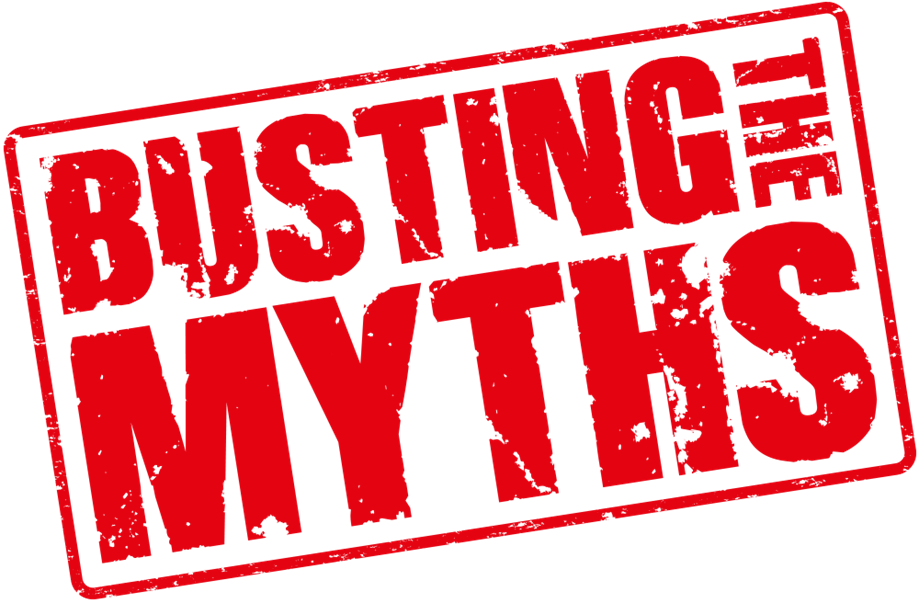Credit Score Myths Debunked
As a consumer, you should already know that a good credit score is a key cog to your financial future. But credit scores and credit reports can be complicated topics – and as is the case with most complicated subjects, misinformation is likely to spread. In this post, we’ve taken the liberty of debunking some of the most common credit score myths that we hear today. Have a look:
- Myth 1: Making on-time bill payments is one way to help improve a credit score.
It’s important to make on-time bill payments, as it accounts for 35 percent – the single largest category – of the FICO score model. However, on-time payments won’t really help your score. Conversely, if you miss a payment, it can significantly hurt your score.
- Myth 2: Closing unused credit cards will help improve a credit score.
This isn’t necessarily true – and for two reasons. First of all, credit history plays into your credit score, so closing an account may affect that. Secondly, closing an account can also affect your credit utilization ratio, or your debt-to-credit ratio. Generally, you want this to be 30 percent or less for the best possible score.
- Myth 3: Checking your credit report will dock your score.
This is true, but only if it is a “hard pull.” Hard pulls are often performed by lenders during loan approval processes, and they may reduce your score by 10 points or so in the short term. Soft pulls don’t affect your credit score at all.
- Myth 4: The more income you earn, the better credit score you’ll have.
That’s not true, as your credit score has no correlation to your earnings.
- Myth 5: I only have one credit score.
That’s false. Though the FICO score is the most popular one, there are lots of different scoring models that lenders use.
- Myth 6: Checking your credit report costs money.
While this can be true, it doesn‘t have to be true. That’s because by law, every American is entitled to one free credit report per year from the three major credit reporting bureaus (TransUnion, Equifax, Experian).
- Myth 7: Credit reports offer fully accurate histories of consumer financial behavior.
Ideally, this is an accurate statement. However, it’s estimated that up to 20 percent of all Americans have some sort of error on their credit reports.
- Myth 8: If there’s an error on my credit report, there’s nothing I can do about it.
The potential of an error on your credit report is part of why you should be checking it at least once a year. If you find one, you should immediately dispute it. Contact the credit bureau that issued the report to dispute the inaccuracy. It will be investigated and resolved within 45 days.
- Myth 9: A large credit card balance won’t impact my credit score as long as I make the minimum payments.
That’s not true due to the credit utilization ratio that is taken into consideration. Generally, if this ratio is at or less than 30 percent, you’ll have a higher score than if it’s greater than 30 percent.
- Myth 9: There’s no fast way to repair a credit score.
This may be true depending on the various factors that have led to a low score (i.e., bankruptcy, foreclosure, etc.), however, it’s important to keep in mind that credit scoring is fluid. Just paying down credit card balances to get within the 30 percent utilization ratio can yield a significant and speedy score increase in some cases.
- Myth 10: If I have bad credit, it will be hard to get a loan.
There are opportunities to get loans no matter what your credit score is. However, being considered an at-risk consumer will unquestionably result in higher interest rates than if you had good or excellent credit.



